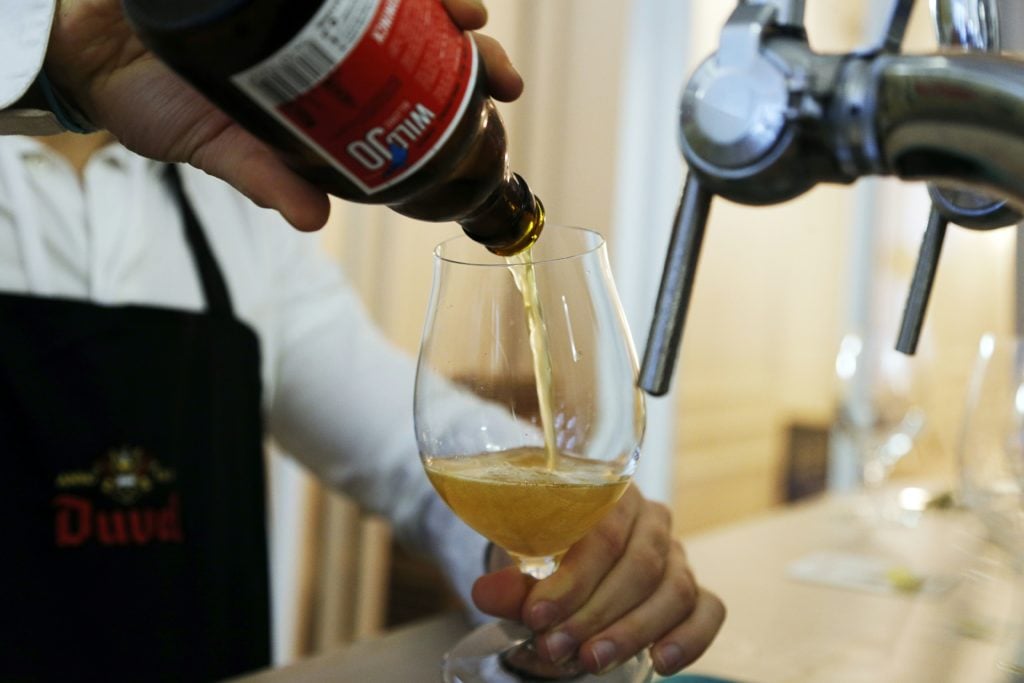

The Smithsonian’s National Museum of American History has announced a brand new appointment for … a beer historian.
While this may sound funny, it shouldn’t come as a surprise. Small and independent craft brewers now represent a significant portion of the overall beer industry and it is only natural that the national history museum document this.
“We have collected food history for many years, so when we were doing the research for the exhibition, which is all about big changes in the post WWII era in how and what we eat, one thing we were curious about is the craft beer movement,” Smithsonian curator Paula Johnson told the Washington City Paper.
“We were looking at wine, coffee, cheese, artisanal bread, and farmers markets. Well, this movement with small-scale, local regional beer is part of the ethos,” she explained.
In a press release, the Smithsonian explained that they are searching for an academic for the three-year initiative to “collect, document and preserve the history of brewing, craft brewers, and the beer industry to explore how the beverage and brewing connect to larger themes in American history.”
The position is being funded by the Brewer’s Association, a trade organization that represents small and independent American craft breweries. In March of this year, they calculated that the number of US-based craft breweries had risen by 15 percent in 2015, meaning there are now more breweries than ever before in American history.
The Smithsonian already has collections exploring the history of beer in the late 19th century and early 20th century but very little about contemporary American brewing.
“The support of the Brewers Association allows our staff to collect the more recent history, including the impact of small and independent craft brewers who continue to advance the US beer culture and inspire brewers worldwide,” John Gray, the director of the museum, said in a statement.
The beer team will investigate the connections between brewing and broader themes in American life, such as advertising, agriculture, industry, innovation, business, and community life.









